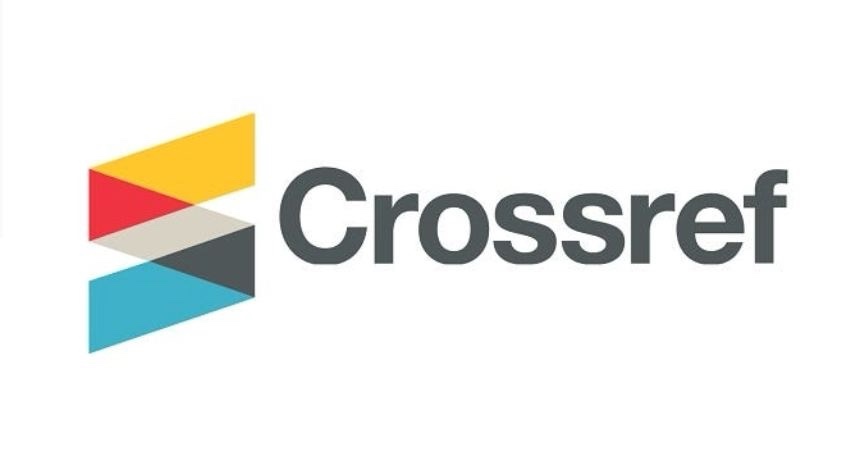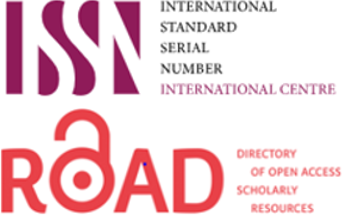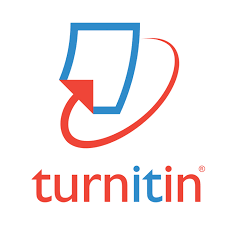Publication Ethics and Malpractice Statement Guidelines
Publication Ethics and Malpractice Statement Guidelines
The Iraqi National Journal of Nursing Specialties (INJNS) is committed to plagiarism prevention policy through text originality indexing & plagiarism prevention; and in accordance with its publication code of ethics. Plagiarism is considered a serious violation of publication ethics, along with other offenses such as duplicate publication, data fabrication, falsification, and improper attribution of author contribution. It is important to note that plagiarism, fraudulent or knowingly inaccurate statements, and submitting the same manuscript to multiple journals concurrently are all unethical behaviors and are not acceptable. Therefore, Turnitin® Software is used to screen all manuscripts that are under review or have been published. It is worth mentioning that INJNS allows for a certain level of similarity, of ≤ 14%, as long as it does not exceed a 5% similarity index from any individual reference listed in the manuscript. To ensure compliance with publication ethical standards, all new submissions to INJNS undergo plagiarism checks using two methods. First, the section editor manually reviews the content, and second, a plagiarism checking tool, specifically Turnitin, is employed for comprehensive and objective analysis.
Introduction
The Iraqi National Journal of Nursing Specialties (INJNS) statement on publication ethics and malpractice is primarily governed by the guidelines and code of conduct set by the Committee on Publication Ethics in 2011.
The Iraqi National Journal of Nursing Specialties (INJNS) is committed to plagiarism prevention policy through text originality indexing & plagiarism prevention; and in accordance with its publication code of ethics. Plagiarism is considered a serious violation of publication ethics, along with other offenses such as duplicate publication, data fabrication, falsification, and improper attribution of author contribution. It is important to note that plagiarism, fraudulent or knowingly inaccurate statements, and submitting the same manuscript to multiple journals concurrently are all unethical behaviors and are not acceptable. Therefore, Turnitin® Software is used to screen all manuscripts that are under review or have been published. It is worth mentioning that INJNS allows for a certain level of similarity, of ≤ 14%, as long as it does not exceed a 5% similarity index from any individual reference listed in the manuscript. To ensure compliance with publication ethical standards, all new submissions to INJNS undergo plagiarism checks using two methods. First, the section editor manually reviews the content, and second, a plagiarism checking tool, specifically Turnitin, is employed for comprehensive and objective analysis.
Editors' responsibilities:
Publication decisions
The editor is accountable for determining which papers submitted to the journal will be published. The editor will assess the manuscripts regardless of the authors' characteristics, such as race, gender, sexual orientation, religion, ethnicity, citizenship, or political beliefs. The decision will be based on the significance, novelty, and clarity of the papers, as well as their methodological validity and relevance to the journal's scope. Additionally, the editor should take into account any applicable legal obligations concerning potential defamation, copyright violations, and plagiarism.
Confidentiality
The editor and any members of the editorial staff are prohibited from sharing any details about a submitted manuscript with individuals other than the corresponding author, reviewers, potential reviewers, other editorial advisors, and the publisher, as necessary.
Disclosure and conflicts of interest
The editor and the members of the editorial board will not utilize any unpublished materials presented in a submitted paper for their personal research endeavors unless they obtain explicit written consent from the authors.
Reviewers responsibilities:
Contribution to editorial decisions
The process of peer-reviewing aids the editor and the editorial board in making editorial judgments and can also benefit the author in enhancing the paper.
Promptness
If a chosen reviewer feels that s(he) lacks the expertise to evaluate a research manuscript or if s(he) anticipates being unable to review it promptly, or may have a conflict of interest, s(he) should inform the editor and opt out of the review process.
Confidentiality
All reviewers must confirm that they understand that they need to keep the content of manuscripts confidential as they are only meant for authorized personnel. It's important to ensure that such documents are not shared or discussed with anyone else without the permission of the stakeholders.
Standards of objectivity
Reviews should be conducted fairly without personal attacks directed towards the author. Reviewers should clearly state their opinions and provide supporting arguments.
Acknowledgement of sources
Reviewers should detect instances where the paper fails to cite relevant published work mentioned in the text. They should highlight whether information or arguments taken from other sources are properly referenced. If reviewers are aware of any significant similarities or overlap between the manuscript and previously published papers, they should inform the editor.
Disclosure and conflict of interest
It is vital that reviewers do not use any privileged information or ideas obtained through peer review for personal advantage. Additionally, reviewers should avoid assessing manuscripts in which they have conflicts of interest due to any relationships or connections they may have with the authors, companies, or institutions associated with the papers. This ensures that the peer review process remains objective and unbiased.
Authors duties
Reporting standards:
Regarding the presentation of original research reports, it is crucial for authors to provide an precise and unbiased description of the work conducted, along with an objective analysis of its importance. The underlying data should be accurately represented in the paper, and it should contain enough information and references to allow others to replicate the study. Engaging in unethical behavior by deliberately making fraudulent or inaccurate statements is unacceptable.
Data access and retention
Authors may be requested to submit the raw data of their study along with their paper for editorial review. If feasible, they should be willing to make this data publicly accessible. In any case, authors should ensure that the data remains accessible to other qualified professionals for a minimum of ten years after publication, preferably through an institutional or subject-specific data repository or another data center. Of course, it is important to protect participant confidentiality and to respect any legal restrictions on the release of proprietary data.
Originality, plagiarism and acknowledgement of sources
Authors will submit only entirely original works, and will appropriately cite or quote the work and/or words of others. Publications that have been influential in determining the nature of the reported work should also be cited.
Multiple, redundant or concurrent publication
In general, it is considered unethical and unacceptable to publish the same research paper in multiple journals. Sending the same paper to multiple journals is seen as a form of unethical publishing behavior. It is also important to note that manuscripts that have been published elsewhere cannot be submitted. Furthermore, if a manuscript is under review by a journal, it should not be resubmitted to other copyrighted publications. However, authors are still able to retain the rights to their published work when they submit a manuscript. In the event of publication, authors give permission for their work to be used under a CC-BY license(http://creativecommons.org/licenses/by/3.0/). This allows others to copy, distribute, and transmit the work, as well as adapt it and use it for commercial purposes.
Authorship of the paper
Authorship should only be attributed to individuals who have made substantial contributions to the conception, design, implementation, or interpretation of the study being reported. All individuals who have made significant contributions should be acknowledged as co-authors.
The corresponding author is responsible for ensuring that the author list includes all contributing co-authors and excludes any uninvolved individuals. Additionally, the corresponding author is responsible for confirming that all co-authors have given their approval for the final version of the paper and have agreed to its submission for publication.
Disclosure and conflicts of interest
Authors must declare any financial or other potential conflicts of interest that could potentially affect the outcomes or understanding of their manuscript. Additionally, they should reveal all sources of financial backing for their project.
Fundamental errors in published works
If an author identifies a substantial mistake or inaccuracy in their published work, it is their responsibility to promptly inform the journal editor or publisher and collaborate with them to retract or rectify the paper through an erratum.














